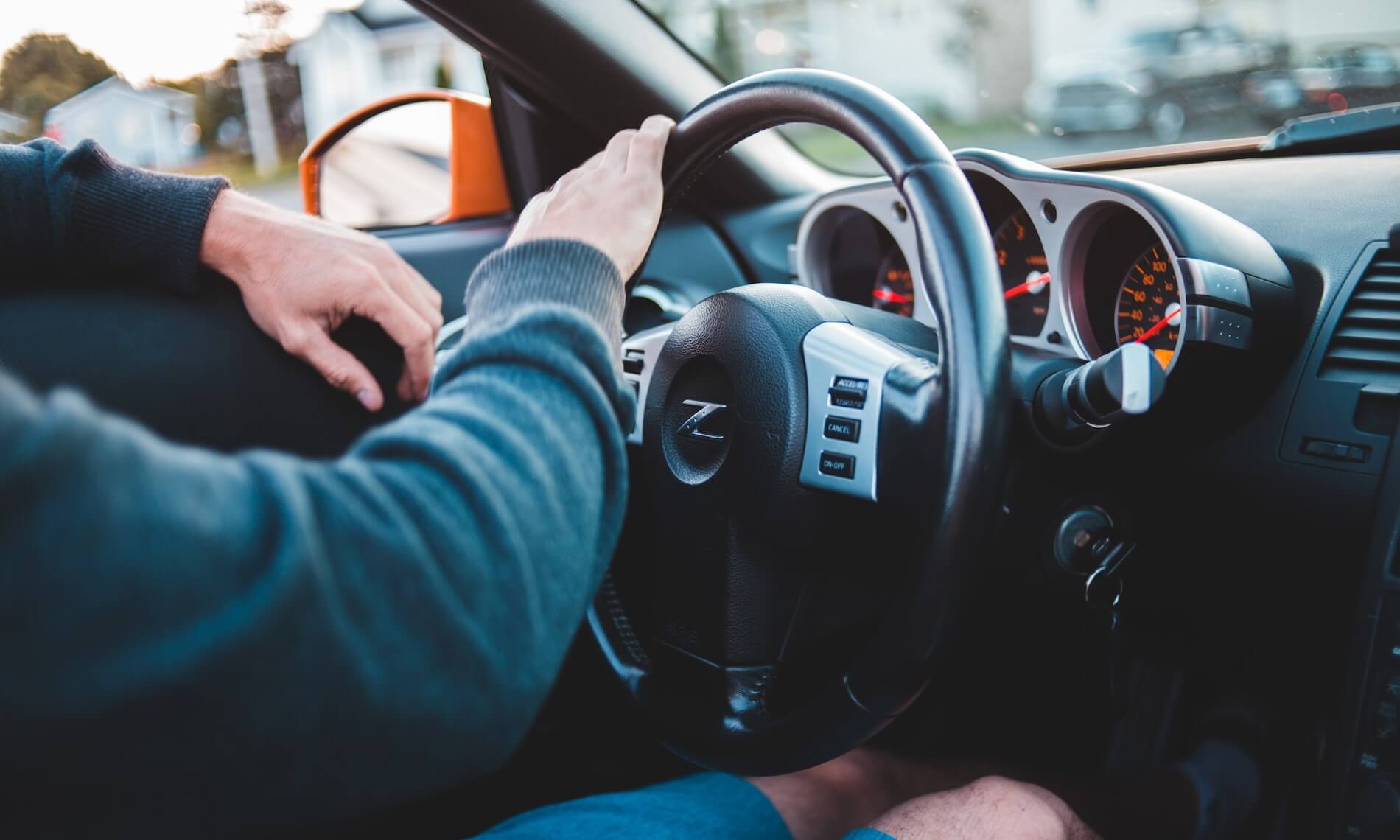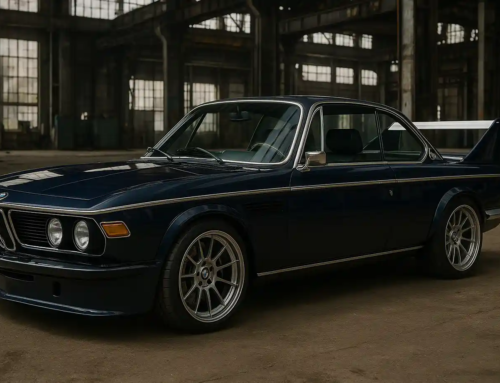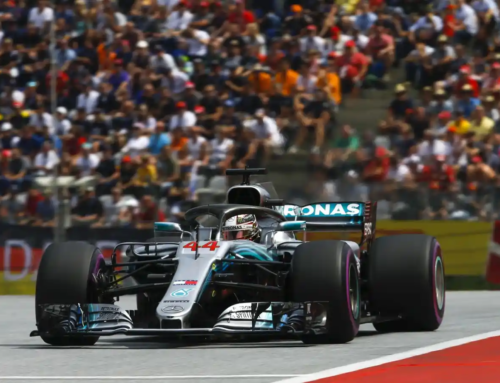When you own a car, there are certain costs that come with the territory. Many of these costs are often overlooked upon the initial purchase of the vehicle, such as maintenance costs, fuel, parking, and CarShield costs. Let’s take a closer look at each of these expenses.
- Maintenance costs include oil changes, tire rotation, and brake pads.
- Fuel is another ongoing cost that you’ll need to account for.
- Parking can also be a significant expense, especially if you live in a city where street parking is scarce.
- CarShield costs can also add up over time. This type of insurance covers your car in case of damage or theft.
Although it’s not required by law, it’s something to consider if you want to protect your investment. All these costs can add up quickly over time, so it’s essential to be aware of them when you’re budgeting for your car. By considering all of these factors, you can ensure that you’re prepared for the long-term costs of owning a car.
Maintenance Costs
The cost of maintaining a car can vary depending on the make and model. However, there are some maintenance costs that are typically included regardless of the vehicle. These include oil changes, tire rotations, and tune-ups.
Over time, these costs can add up and become a significant expense. For this reason, it’s important to factor them into your budget when buying a car. Otherwise, you may struggle to keep up with the Maintenance costs down the road. By being mindful of these costs upfront, you can ensure that you’re prepared for them in the future.
Extended Warranty or Service Plan
There’s no question that extended warranty costs can add up over time. But what many people don’t realize is that the price of an extended warranty can vary depending on the make and model of your car. In fact, extended warranty costs can also be affected by things like the age of your car and the mileage. So it’s important to do your research before you purchase an extended warranty.
One trusted brand of extended warranty is CarShield. CarShield typically covers major mechanical failures and long-term maintenance projects. However, the deductibles on these repairs can add up over time, so it’s important to factor them into your budget. Another thing to keep in mind is that CarShield only covers specific makes and models of cars. So if you’re looking for coverage for a particular make or model, check with CarShield first.
Auto Insurance
Most states require drivers to have auto insurance, and the cost of your policy will depend on factors like the make and model of your car. However, it’s important to remember that auto insurance policies typically cover more than just the cost of repairs after an accident. Many policies also cover things like replacement parts and towing, which can add up over time.
As a result, it’s important to factor the cost of auto insurance into your budget before you start driving. By doing so, you can be sure that you’re prepared for any unexpected expenses that may come up.
Fuel and Fuel Economy
When budgeting for a new car, it’s essential to factor in fuel costs. The cost of gas can add up over time, so it’s important to consider fuel economy when choosing a car. Make and model of the car can affect fuel economy, as can driving habits.
Factors such as stop-and-go city driving or highway driving can impact how much fuel your car uses. However, by planning ahead and budgeting for fuel costs, you can ensure that you choose a car that fits both your needs and your budget.
Parking Fees and Permits
The cost of parking can vary widely depending on your city and the type of parking you’re using. Public lots and parking meters are usually the cheapest options, followed by private lots and parking garages. In some cities, street parking is also an option, but it can be more expensive than other types of parking.
Some companies or apartment and condo communities require parking permits when you become a resident. This typically adds a monthly or yearly fee to your living expenses. However, it’s essential to research before moving to a new city to ensure you understand the cost of parking in that area. Otherwise, you could be in for a nasty surprise when you get your first parking bill!
Intelligent Budgeting
In addition to the significant expenses mentioned above, there are a few other costs that car owners should be prepared to account for, such as routine scheduled maintenance. For example, most cars must have their oil changed every 5,000 miles. Depending on the type of oil used, this can cost anywhere from $20 to $100. Similarly, cars also need routine tire rotations and alignments, and these services usually cost around $50 each.
It’s important to remember that cars depreciate over time, beginning when you drive them off the lot. If you decide to sell your vehicle, you will likely get less than you paid. For all these reasons, it’s essential to factor in all the potential costs of owning a vehicle before making a purchase. Otherwise, you may have some unwelcome financial surprises down the road.
Be mindful of your incoming cashflow and how it balances with your outgoing expenses. Your budget around your car will have to adjust to accommodate your cash input. Consider supplementing your income stream with a side hustle, or negotiating a higher pay rate at your current job.






Leave A Comment